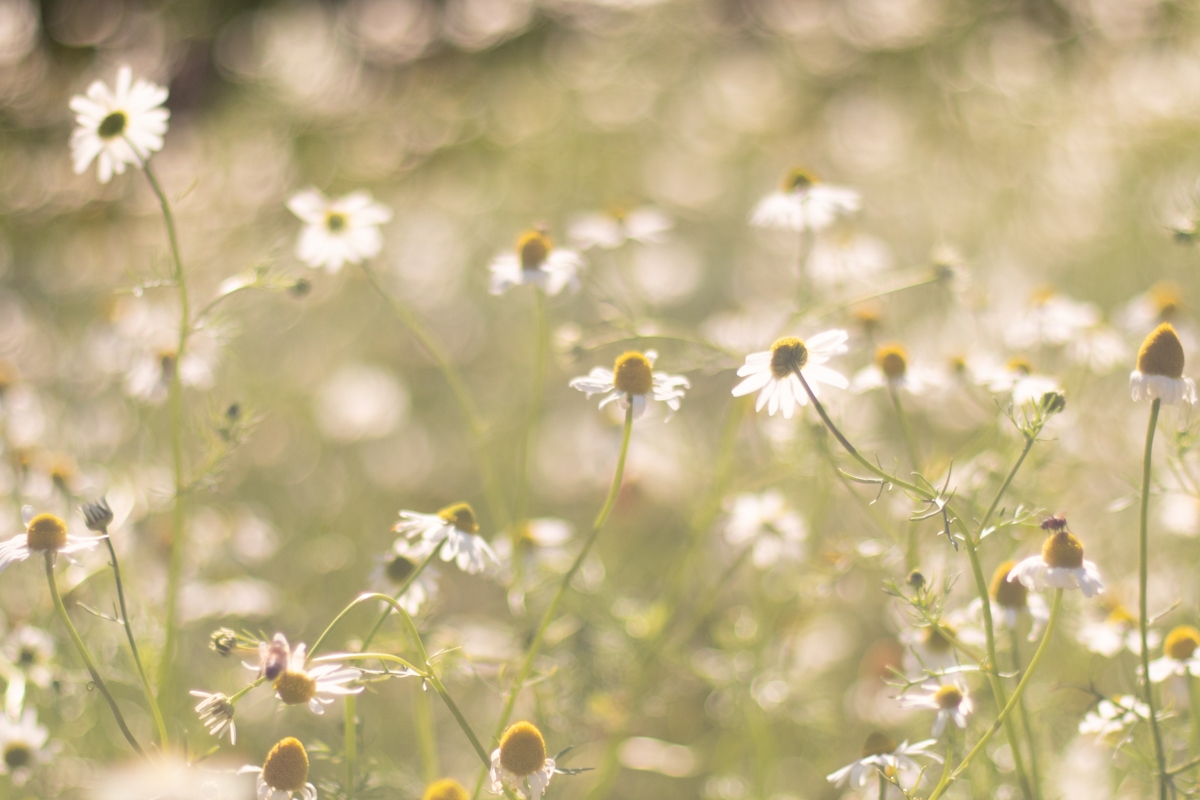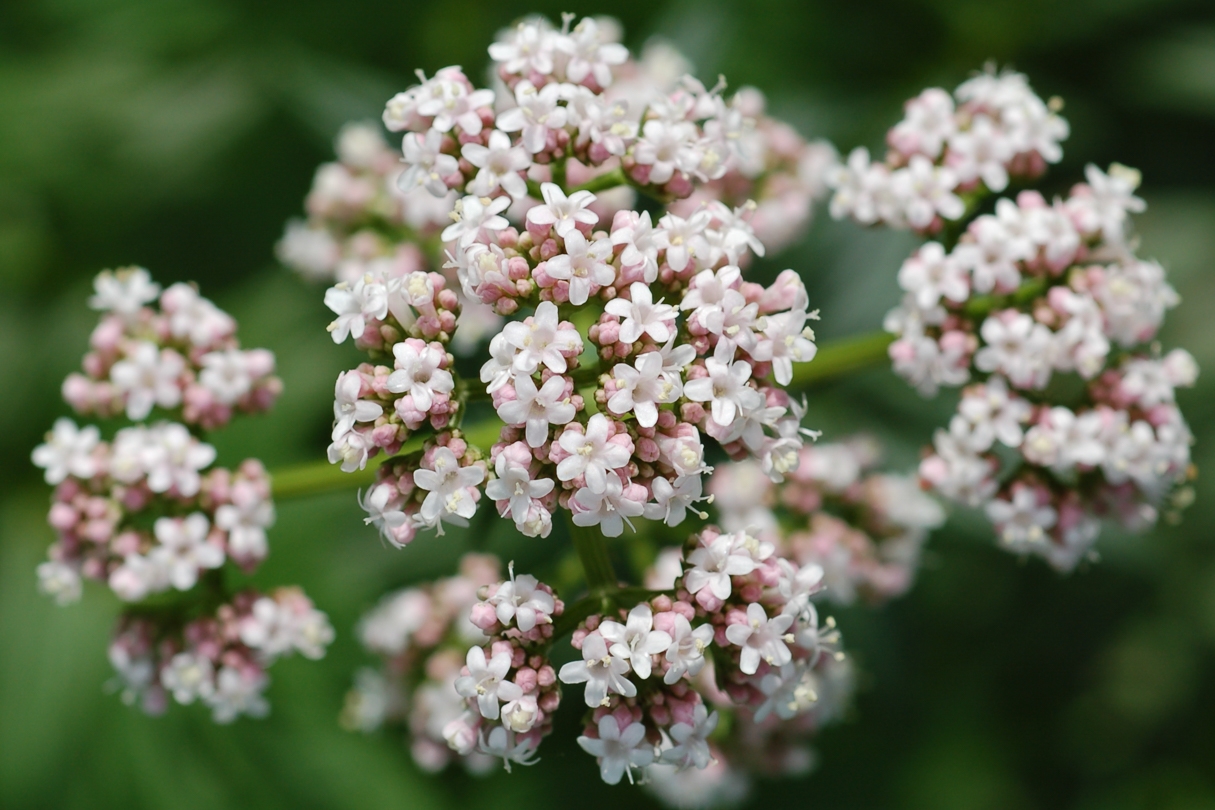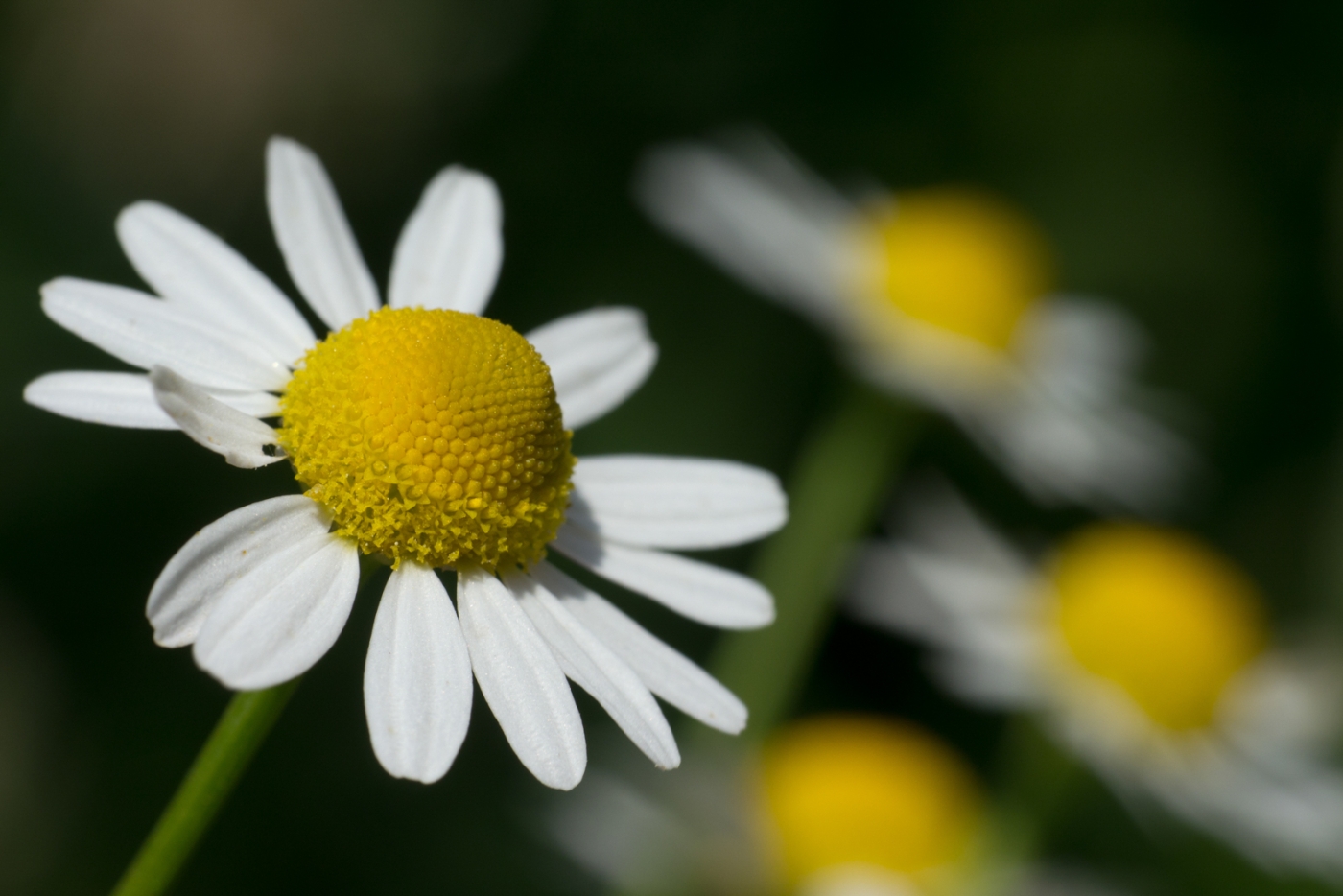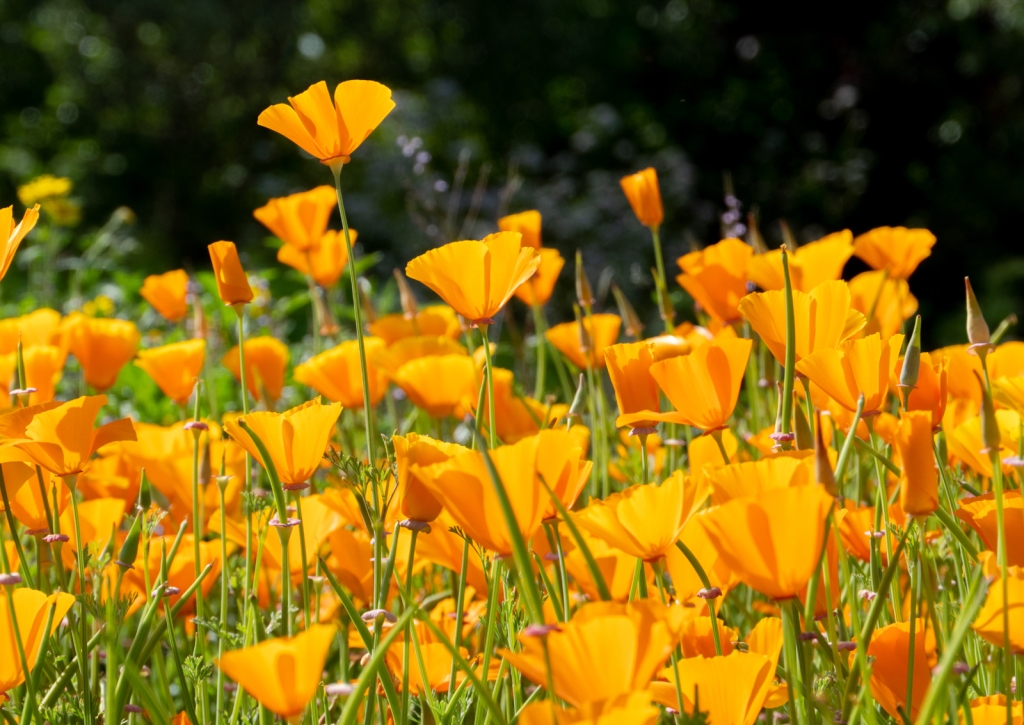Herbs you can grow for a beautiful sleep
If we don’t get enough sleep we feel rubbish. It is that simple. 12% of us have reasonably severe sleep disturbances which impact our mood, energy and immunity. Insomnia can stem from many causes such as from anxiety, hot flushes and skin problems to restless legs, low blood sugar and circadian rhythm disturbance. It is obvious to say that poor sleep can be caused by psychological imbalance and, in fact, 90% of people suffering from depression report sleep disorders. If we are anxious we often don’t sleep well. But it’s a vicious circle and poor sleep leads to emotional imbalance which itself can lead to poor sleep. Other causes may be prescription drugs, many of which interrupt sleep patterns, as well as diet and lifestyle. We all know the effects of stimulating sugars, caffeine and excitatory E numbers… However there many herbs you can grow for a beautiful sleep, in your very own garden.

Understanding how sleep works
Our sleep is influenced by the release of melatonin and adenosine levels as the body attempts to achieve homeostatic balance. We need approximately 7 to 9 hours of sleep each night to optimise our brain function, memory, coordination and repair mechanisms. In fact, the majority of our liver detoxification systems work best when we are asleep as do our wound healing activities. Metabolically speaking sleep is anabolic. That is sleep engenders growth hormones that help to rebuild our whole system. If we have a continued phase of poor sleep we can clock up a sleep debt which is associated with such risk factors as heart disease, high blood pressure, diabetes, obesity and irritability.

Solutions for better sleep
Don’t despair, there are some potentially very good solutions.
Some of the best habits to ensure good sleep are THE BASICS OF GOOD HEALTH:
- Diet: Remove all synthetic and processed foods and drinks from your diet.Eat and drink fresh organic colourful wholesome foods – 30 types a week.
- Caffeine: Stop caffeine intake by 12pm latest, and other stimulants.
- Alcohol: Don’t drink alcohol at night.
- Exercise: Engage in at least 30 minutes per day.
- Relaxation: Practice yoga, breathing exercises and meditation – all very helpful for establishing relaxation. Try the Headspace App.
- Routine: Maintain a consistent sleep/wake schedule so you are sleeping and waking at the same time each day.
- Environment: Ensure that your room is quiet, cool and dark.
- Wind down: Listen to soothing music, read a poem, look at a painting every day.
- Essential oils: Use a pillow spray such as this one from Nourish London or create your own. You can find recipes for your homemade apothecary here.
- Herbs: Grow and drink your own herbs. You can find a recipe for hot and cold infusions on our blog.
Grow your own sleepy herbs
If you have some space grow these herbs you will always have a relaxing cup of tea at hand:

German Chamomile (Matricaria chamomilla): Easy to grow in a pot or in the allotment, Chamomile is full of phytonutrients that help you relax and sleep better. Simply sprinkle some seeds on the surface of the soil, tamp down, keep moist and watch as they turn into a flowering-fountain of Summer’s delight.
Chamomile has a gentle soothing and antispasmodic action. This eases tension, particularly where there may be bloating, cramping and other digestive symptoms.
Chamomile also has confirmed activity in relieving anxiety. The ability of this plant to relieve psychological tension as well as underlying physiological symptoms of stress has made it one of the most effective remedies for the treatment of nervous upsets.
A cup of fresh chamomile tea is one of life’s great joys. It’s one of sleep’s great joys too – just three or four flowers taste delicious. You can harvest the fresh flowers and dry them for the winter.

California poppy (Eschscholzia californica): Also known as ‘Cup of Gold’, this is a dream herb to keep in your garden- for more than just its glow. A few seeds in a pot will soon germinate into a pot of shimmering orange. California Poppy’s bright and energising flowers hide a soothing secret. Like many of the members of the alluring Papaveraceae family it is a calming solution for over-excitement, frazzled nerves and spasmodic pain. And whilst it does contain some alkaloids, it contains none of the addictive morphine found in the opium poppy (Papaver somniferum). California poppy is fa bitter and cooling solution to the irritation of anxiety and nervousness and is used for insomnia, digestive cramps and urinary pain.
Not the sweetest tea, it benefits from a spoon of honey, ensuring the sweetest of sleeps.

Valerian (Valeriana officinalis): Valerian is an ancient remedy used in modern times for overexcitement and sleeplessness. Interestingly its name is derived from the Latin ‘valere’ which means ‘to be strong, powerful, healthy’, and valerian was traditionally most valued as a tonic, especially in convalescence. Valerian root has been used as a sedative in Europe since the 16th century and was a prescription medicine as such in the 19th and early 20th centuries across much of the world. In the 20th century, valerian became known as a ‘nervine’, implying that it could calm, while also acting as a tonic to nourish and improve the function of the nervous system.
So its no surprise that valerian is primarily used to encourage a healthy sleeping pattern. Its heavy and grounding properties make it useful in any condition dominated by tension and anxiety, helping fidgetiness and restless leg syndrome. Also being an anti-spasmodic it can relax tense muscles and may be used for tension headaches, intestinal cramps and palpitations associated with tension in the chest and diaphragm. Its warming and soothing properties make it useful for pain and anxiety associated with menstruation.
It is easy to grow but you need a bit of space as it can grow 6 feet tall. The root is used in herbal medicine, so it’s probably best grown in the ground but a large container will work too- it’s easy to harvest the roots from!

Skullcap (Scutellaria lateriflora): Skullcap’s exquisite flowers and seed pod reveal the ‘sign’ of a ‘hat’ associated with its effect on the mind. Filled with flavonoids associated with neurotransmitters managing our response to life’s pressures, skullcap is used by herbalists as an ‘anxiolytic’ to calm anxiety and act as a ‘nervine’; calming the system helping to increase tolerance. Think of skullcap where vitality is low from exhaustion due to being over-excited or overwhelmed. It also has an anti-spasmodic action that can be used for pain and restlessness.
It’s a small plant growing 30cm high so easy to grow in a pot, but it does like to spread so it will need repotting every year. A fresh tea is a simple home brew for helping us keep calm and carry on!
To find out more about herbs you can grow for a beautiful sleep or other health benefits, explore our herbs.




